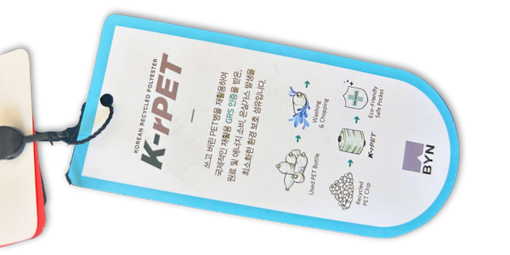
- Article published at:

Springing forward does not mean your body clock time will naturally adjust. Losing an hour of precious Zzz’s for an extra hour of sunlight usually means you’re likely to have trouble getting to sleep. Give yourself a jump start into the time change and get back to your best self quickly with these helpful tips.
Make a sleep pact. Ideally, you’re thinking ahead in the days leading up to the time change by going to bed 15 minutes earlier each day. If not, set a bedtime and stick with it. You’re still likely to lose out on some Zzz’s, but keeping a regular sleep schedule is the best way to get your circadian rhythm back on track.
Soak in the Vitamin D first thing in the morning. Get outside and take a walk—or try eating breakfast and/or drinking your coffee in front of a window. Exposing yourself to the bright light in the morning will help you adjust to the time change.
Skip that cup of joe after lunchtime. Caffeine makes it harder to fall asleep, stay asleep, and get the kind of deep restful sleep you need. The half-life for caffeine is anywhere from 4 to 6 hours on average and can play a major role in your sleep-wake cycle.
Resist the nap—unless your eyes are literally closing. The desire to take a nap in the afternoon is even stronger during the spring forward. However, that snooze can greatly impact your ability to fall asleep at your regular bedtime.
Alcohol and sleep deprivation is a sour drink. Skip that after-work cocktail while you’re adjusting to your new sleep schedule. Alcohol may seem like it helps you sleep, but it actually increases disruptions in REM sleep –which in turn can cause poor concentration and drowsiness.